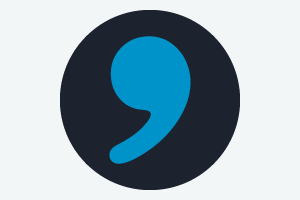 | | | 1. The Missing Comma | | | A comma is used after an introductory word, phrase, or clause. This gives a pause after the introductory element and delivers the message without confusion. Example: In case you didn't know, I'm on leave next week. | | | |
| | 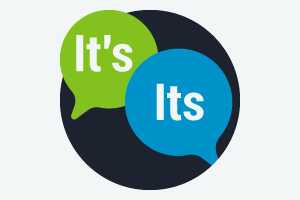 | | | 2. The Apostrophe Catastrophe | | | Use "It's" when the word means "It is" or "It has". Example: I don't believe it's been a week! Use "Its" when something is belonging to it. Example: The pillow looks great with its new cover. | | | |
|
|
 | | | 3. The Four W's | | | Now that's tricky. Let's break it down, shall we? "Who" is used to identify a living pronoun. Example: Who baked this cake? "Whom" is used to describe someone on the receiving end of an action. Example: Whom did we hire for the position? "Whose" is used to assign ownership to someone. Example: Whose jacket is this? "Who's" is the contraction of "Who is" or "Who has". | | | |
| | 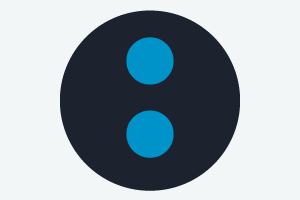 | | | 4. Two Dots Don't Make a Right | | | A colon is used after a complete sentence to introduce a word, phrase, clause, list or a quotation. It's used to signal that what follows next will prove or explain the former statement. Example: There's an increase in the number of people taking up online courses for three reasons: learning from the comfort of their home, increase their knowledge and skills at their own pace, boosts their résumé. | | | |
|
|
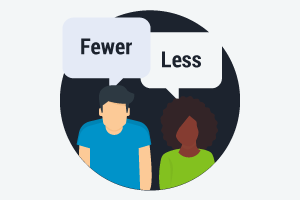 | | | 5. What's The Difference? | | | They are both the opposite for "more", but the usage is different. Use "Fewer" when the items are countable like books, cars, pens, etc. Example: There are fewer cars in the parking area. Use "Less" when the items are not countable like sand, love, time, etc. Example: This glass has less water. | | | |
| |  | | | 6. A Lot Of "Alot" Mistakes! | | | A lot of people use "Alot" (pun intended), but "Alot" is not a word! Yes, you heard it right. If you want to describe a vast number of things, use "A Lot". Example: I have a lot of things to do. If you allocate or keep a certain portion for something, then you use "allot". Example: I allot two hours a day for learning. | | | |
|
|
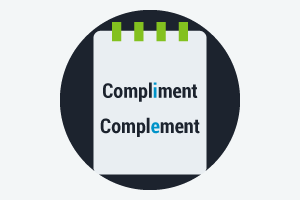 | | | 7. The Spelling Slip-Up | | | They sound exactly the same, but they have very different meaning. "Compliment" is a polite expression of praise or admiration. "Complement" is something that contributes extra features or improves something. | | | |
| | 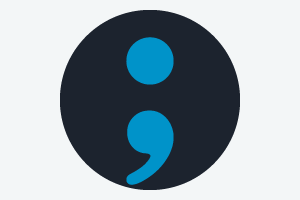 | | | 8. The Semicolon Stumble | | | A semicolon connects two independent clauses. The two clauses make sense on their own, but if they're interrelated, you use a semicolon to connect them. Example: Call me tomorrow; I'll let you know by then. | | | |
|